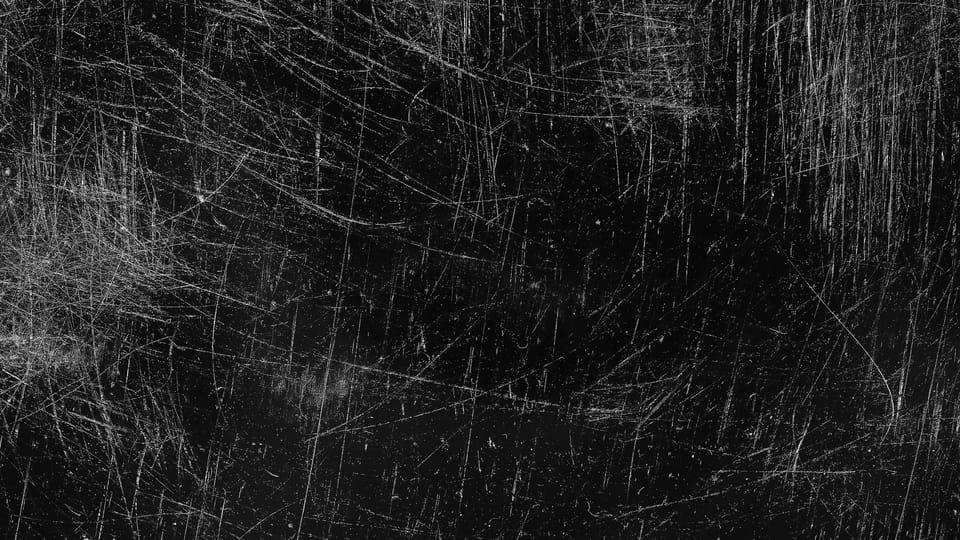Rental #1: Accidental landlord

When I was 27 I only knew one thing about real estate: owning was better than renting,
Now it turns out that isn’t always true, but it did set me on a course to buy my first house.
I had a good job at the time and went out to put a house purchase together. I got prequalified for to spend $270,000 which was more house than I had any business owning by a large margin (newsflash, retail banks won’t help you make good decisions). I looked at condos because I was a single guy who didn’t want a lot of maintenance and I figured I could spend a little less than buying a full house.
I assumed at the time I could turn it into a rental down the road when it was time to move.
I ended up only spending $65,000 on the condo, far less than my peers were spending on their first houses. Looking back I am so happy I didn’t spend a ton of my house because houses are a big responsibility and any money tied up in them is difficult to get out. This means buying a house can be valuable, but it can also be an anchor and this purchase was mostly an anchor for me.
Low overhead = more freedom
Luckily since I had spent so little my mortgage was low which as time went on helped more than I had considered. Ever hate paying your bills each month? Ever think they are too much and wish they were smaller? Who made the choices to get those bills? The smaller your monthly spending requirement is the more flexible you are to invest. My total mortgage each month is only $398 Mortgage+165 HOA = $563 total payment, this worked out perfect too because less than 2 months after closing on this house I lost my job!! A job I never thought I would lose, remember this when you sign a loan commitment and assume nothing in your life will change. If your life was vastly different 5 years ago, I guarantee it’ll be vastly different in the next 5, give yourself room to grow, don’t cripple yourself with high overhead. Real estate can make your life fun, productive, and flexible, but a mortgage that’s so big you struggle to make is only going to cause you problems.
I used a VA loan to buy this house so it required very little cash of mine to buy it. The VA has zero down products which I used on this loan so the only thing I had to pay for was the $1000 earnest money which I received back at closing. Certainly, not everyone has access to a VA loan, but most people have access to the FHA loan program and that only requires 3.5% down payment which is still really low. On $65,000 using FHA a person would only need to pay $2275 in down payment. Anyone can work hard and save this amount of money, which means anyone can work towards profitable home ownership (even though this particular house isn’t very profitable)
About 3 years later I moved and decided to rent it just like I had planned. This is when I realized that myself along with most new investors calculate profitability really incorrectly. Like many people, I was under the assumption that rental income minus my mortgage payment would be my profit. What I wasn’t accounting for was all the other stuff that happens in a rental: maintenance, vacancy, capital expenditure, property management. So the house rented for $650/month and my cost was $563, this seemed good when I purchased but now that I know better this is terrible. Let’s look at the detail
Rental Income $650
Mortgage (Principle/Interest/Taxes/Insurance) $398
HOA Fee $165
Vacancy (8%) $52
Maintenance (10%) $65
CapEx (5%) $32.5
Property management (10%) $65
Total Expense and debt service $777.5
This results in a cash flow of -$127.5
You sure you still want to take advice from me??? Losing money is rarely a long-term viable strategy and to be thorough I’ll say that losing money in the short term isn’t ideal either. Now the good news is that historically my capex, maintenance, and vacancy expenses have been lower than I anticipated which helps. The margins are still razor thin on this property and that’s not great. Last year I also raised the rent on the newest tenant to $750/month which is a big help but not life-changing.
What can learn from my mistakes and what to do better:
I still recommend buying real estate (obviously) but it’s important to buy smart from the very beginning, and most importantly: BUY WITH STRATEGY. If you’re buying because you think it might make money, or you really like it, that’s a mistake. Buying the right asset to later convert into a profitable rental is a financial move that can create massive wealth for almost anyone. Buying the wrong asset can also be a massive hindrance or even possibly catastrophic to your future financial situation. I recommend a few ways to maximize your first home purchase to buy better than I did:
- Learn about real estate! If the entirety of your real estate knowledge happens a few weeks before you buy a house and then you never look into it again that’s fine, that’s what most people do, but that’s why most people don’t make much on their house.
- Buy a house that can be turned into a rental later or sold for a significant profit.
- Buy an inexpensive house. Stretching on first home purchases can be a financial kiss of death. Don’t buy something so expensive that you’re tied to it like an anchor. A house is an asset that works for you if you buy it right, and it’ll fight against you if you buy it wrong.
- Learn to calculate the details of a rental income transaction and apply it.
